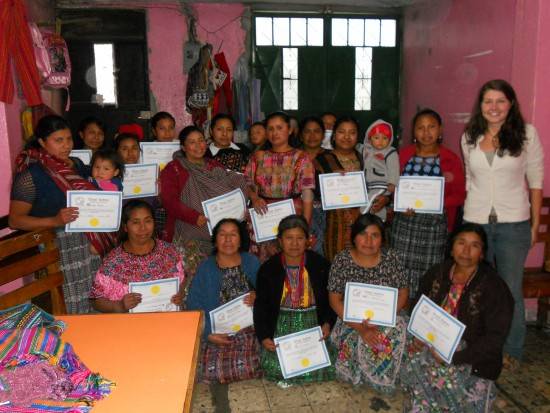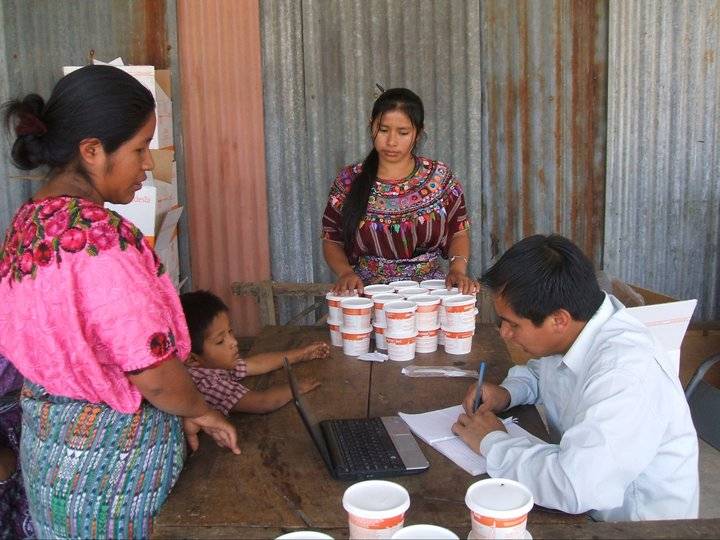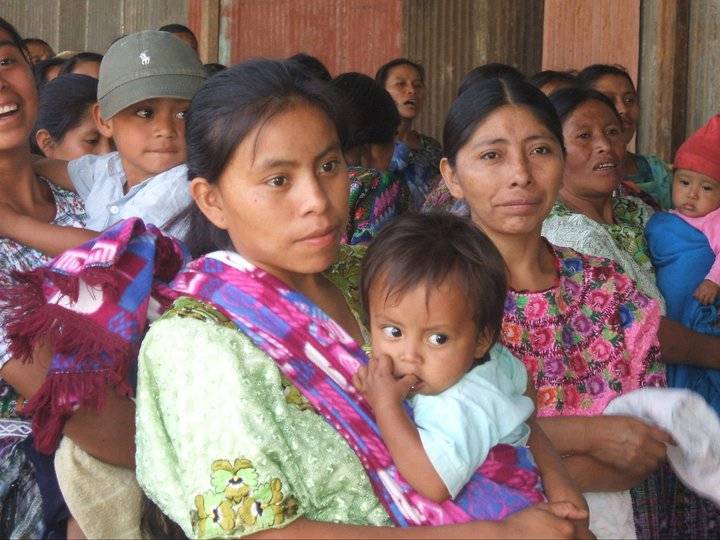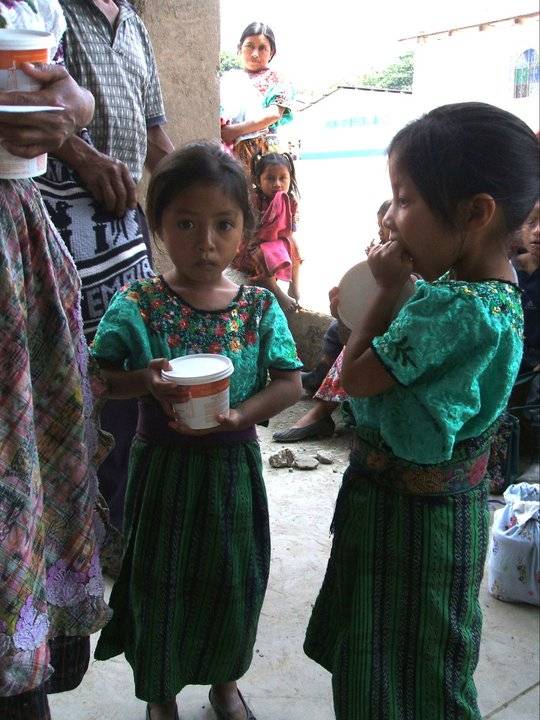 As some Smile Politely readers may recall, a recent University of Illinois graduate was featured in an interview by Jeremiah Stanley in January of this year. The interview highlighted her development work in Guatemala. For those of you unfamiliar with the article, or those who are simply confused as to why this is relevant, that U of I graduate was me, Claire Melvin, and I am now back in the Champaign-Urbana area and continuing my work to support Guatemalan healthcare and human services.
As some Smile Politely readers may recall, a recent University of Illinois graduate was featured in an interview by Jeremiah Stanley in January of this year. The interview highlighted her development work in Guatemala. For those of you unfamiliar with the article, or those who are simply confused as to why this is relevant, that U of I graduate was me, Claire Melvin, and I am now back in the Champaign-Urbana area and continuing my work to support Guatemalan healthcare and human services.
I recently completed a year-long internship with a non-profit, non-governmental organization (NGO) called Wuqu’ Kawoq (WK). The work I was able to be a part of in Guatemala with WK was an incredible experience and I am so grateful to have had this opportunity with such an exceptional organization.

Many people wonder how and why development workers, especially those that work abroad, choose the areas where they want to work. For many, the place chooses them. In my case, this happened the first time that I volunteered in Guatemala in 2009. The landscape, the people, the food, and the vibrant culture that make up Guatemala captivated me and I was hooked. Unfortunately, what also makes Guatemala so striking is the overwhelming poverty and cultural divides, deepened during the 30 year civil war that occurred during the 1960s through the 1990s, also called la violencia or the violence, that have made it the poorest and least healthy of all of North America.
The majority of Guatemalans speak one of many indigenous Mayan languages (22–29 depending on who’s arguing) and Spanish is not their first language if they speak it at all. The linguistic and cultural divides within the population have created barriers to social services such as healthcare, sanitation, and equal rights and in many indigenous areas these services are entirely absent in the people’s first language. The resulting health disparities between the indigenous Maya populations and the Spanish-speaking or “Ladino” populations are astoundingly apparent.

The distinct situation that Guatemala finds itself in, culturally and politically, is also what makes Wuqu’ Kawoq different than many aid organizations. WK is dedicated to providing the necessary healthcare and human services to those indigenous populations who experience the worst effects of poverty and marginalization. Currently, WK works with populations who speak Kaqchikel, K’ichee’, Q’anjob’al, and Uspanteko and we aim to continue expanding to other areas as we grow.
While my work ranged from demographic survey work in small communities tucked up in the mountains to running intake at our clinics to Spanish interpretation with U.S. volunteer doctors, my work specifically focused on creating a women’s sexual health program that would provide education and clinical services to Kaqchikel speaking women. With local help, we created a series of women’s classes in their first language about health concerns such as: sexually transmitted infections (STIs), HIV/AIDS, cervical cancer, menopause, as well as family planning and contraception.
This education is complemented by regular clinical visits with WK doctors that provide the services necessary to maintain sexual health such as gynecological exams, STI diagnosis and treatment, cervical cancer prevention and treatment, and provision of contraception (all services are provided to patients free of charge by WK). These programs are extremely necessary in Guatemala due to overwhelmingly high rates of fertility, infant death, child malnutrition, STIs that go untreated to the point of dangerous complications, as well as domestic abuse. During my time in country we successfully graduated three groups (5-18 women per class) of women’s classes in two different communities. I worked with a Kaqchikel-speaking nurse who taught the classes, and the education program has now been passed on to her.
Leaving Guatemala last month was hard, but one can only survive as a volunteer for so long. However, I luckily have the opportunity to continue working for WK from the States raising awareness and funds for the work that we do, which includes so much more than women’s health. Our programs include elderly care with diabetes treatment and management; fighting child malnutrition with proper food supplementation; primary care and parasite treatment; water filter construction for communities; education for traditional Mayan midwives; and endeavors in language revitalization for the Kaqchikel speaking community.
I will be working in a number of different capacities in our CU community; holding fundraising events, for example an upcoming benefit concert in October at Mike ‘n’ Mollys in downtown Champaign, presenting speakers at the University of Illinois, providing information booths at other local CU events, and raising awareness through the world wide web. For more information on Wuqu’ Kawoq you can visit our website @ www.wuqukawoq.org or check us out on facebook @ www.facebook.com/wuqu.kawoq and feel free to join our mailing list! Or if you and/or your organization are interested in collaborating in some way, feel free to email me at claire@wuqukawoq.org.









